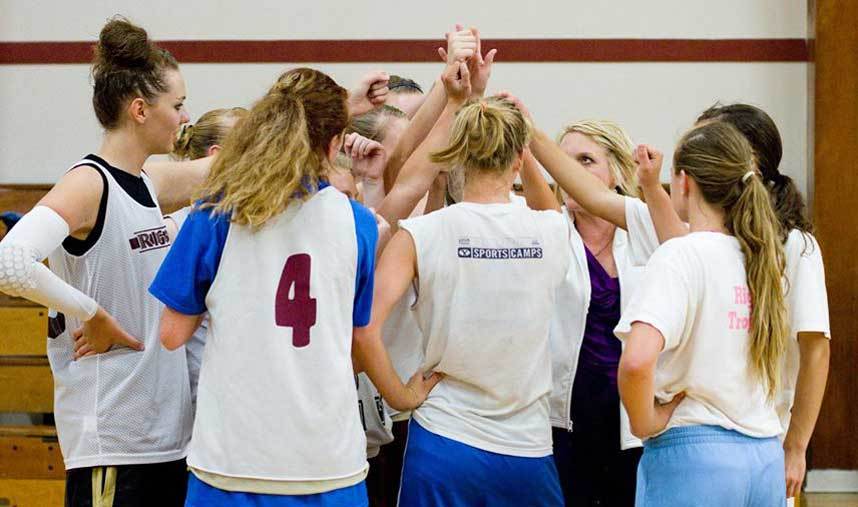Team unity or team culture is the glue that sticks together the members of a sports team, so that they work together and not against each other. Coaches commonly talk about how a “Winning Culture” is the key to success in the world of sports. As per Stacy Danley, this winning culture commonly implies to a team environment that helps every player to thrive as an individual. The characteristics of an united team with a winning culture includes a high work ethic, honesty, constructive feedback, as well as having a positive influence on each other.
Stacy Danley marks a few ways that can help in improving team unity
Group atmosphere must be positive and cohesive for team unity to flourish. Coaches need to pay special attention to player attitudes, team motivation, individual empowerment, and team identity to promote unity in a team sport. Team identity implies to the varied characteristics of the team that make it unique, and is extremely important to ensure that each member is happy and proud to be a part of the team. A strong team identity contributes to a more united group that flourishes in a positive environment.
Effective communication is a huge part of establishing a positive team atmosphere. Coaches must always encourage open communication, to make sure that every member feels free to share their opinions and thoughts with the team. Coaches should also try to provide more of solution-focused feedback, as opposed to problem-focused feedback. The former underlines what individuals could be doing or should start doing differently. On the other hand, problem centered feedback is where the problem is highlighted, and players are simply told not to do those things again. Even though pointing out what the players have done wrong and telling them to not repeat the mistake again may seem simple and helpful, it can also lead to a lot of over-thinking on the end of the players. Having a solution-focused feedback approach however can guide their thinking towards how they can improve their skill, which invariably prevents them from making the same error again. Providing the players with solutions instead of highlighting their problems is a good way to make them feel supported. Such kind of feedback should extend between the players as well, to foster an environment of camaraderie and make sure that the team members feel supported by each other.
In addition to the right feedback approach, having a proper set of rules and roles is also important for building unity according to Stacy Danley. If individual players are not appropriately clear about their roles, they can get frustrated and the situation may lead to infighting. The ‘blame game’ is rife in sports teams who have a lack of rules and poor role clarification. What is and is not acceptable must form a key part of pre-season for all competitive sporting teams.
When talking about team unity, many people think that it implies to the team players being close friends, but so is not the case. In fact, they do not even have to like one another. But they must respect one another. Mutual respect helps create a positive team environment, and promotes unity.




